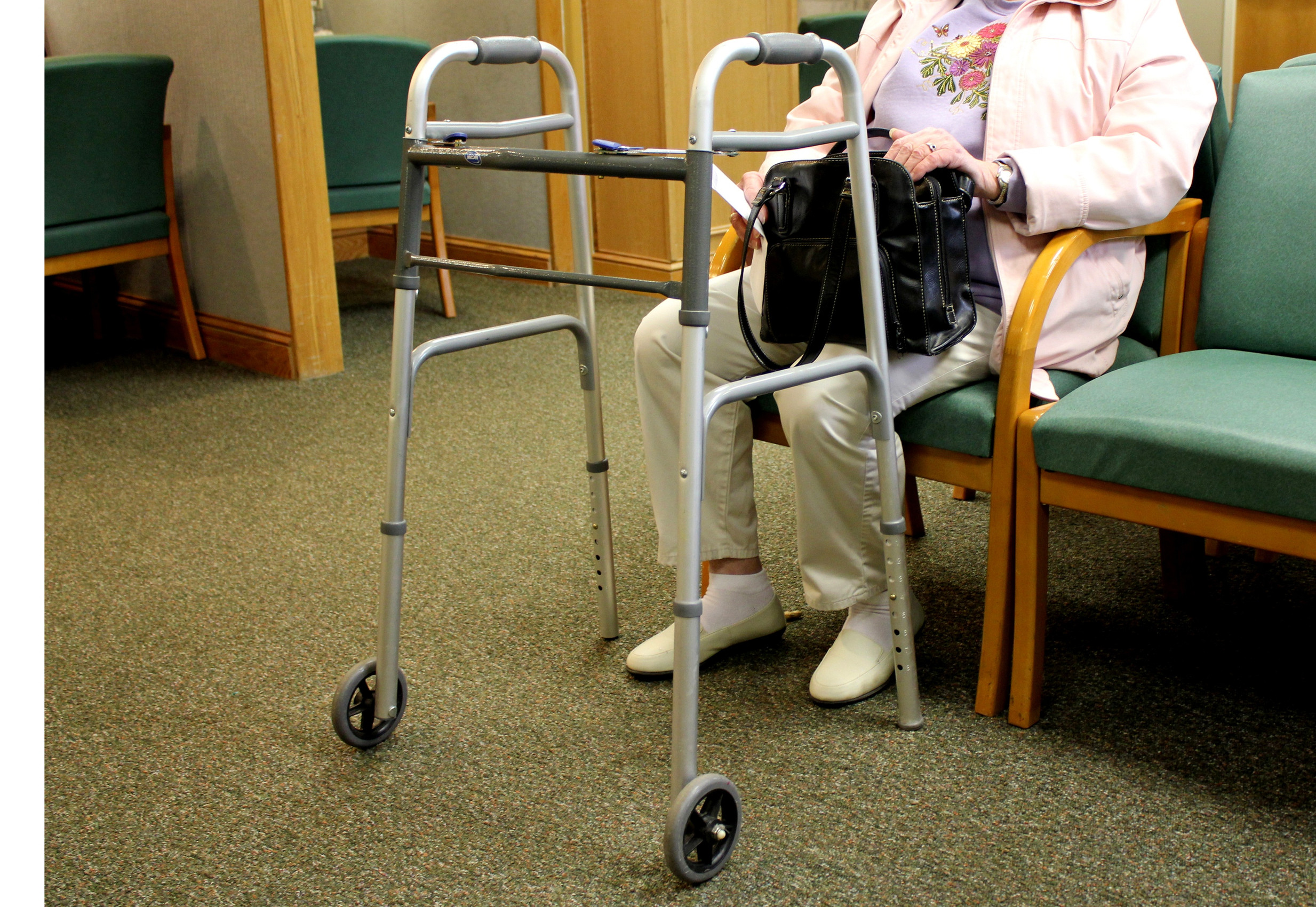
Sunny destinations and peaceful small towns draw many retirees—but distance from quality healthcare can turn paradise into a problem. As medical needs grow, long drives, specialist shortages, and delayed appointments become costly burdens. Some boomers discover too late that lifestyle perks don’t outweigh health gaps. Even Medicare coverage can’t fix geography. Retirement comfort depends as much on clinics as climate.
Long Drives Turn Emergencies Into Risks
Rural or remote areas often lack nearby hospitals or urgent care. A heart issue or fall that’s minutes from treatment in cities could take an hour in secluded settings. Travel time during emergencies directly affects outcomes. The CDC notes that rural residents face higher mortality rates for preventable conditions. Convenience becomes survival when seconds matter.
Specialist Shortages Limit Options
Even with primary care nearby, finding cardiologists, neurologists, or orthopedic surgeons may require traveling hours. Waitlists grow longer as older populations surge in popular retirement states. Limited networks force patients to settle or postpone care. Boomers expecting robust medical choices often face frustrating scarcity. Location shapes both the quality and the speed of treatment.
Hidden Costs of Travel and Lodging
Frequent trips to distant hospitals add gas, lodging, and meal expenses that strain fixed incomes. A single overnight stay for appointments multiplies costs quickly. Family members helping with transport also absorb time and money. These unplanned outlays erode retirement budgets once thought stable. Healthcare access has financial consequences beyond premiums.
Insurance Doesn’t Solve Geography
Medicare and supplemental plans cover services, not convenience. Out-of-area specialists may accept coverage but still require travel. Some rural hospitals operate outside major networks, complicating billing. Boomers discover too late that great coverage can’t close physical distance. Proximity is part of protection.
Quality Gaps in Smaller Facilities
Critical access hospitals serve many rural areas but often lack advanced imaging, surgical units, or ICU capacity. Complex conditions require transfers to regional centers—adding delay and stress. Limited staffing means rotating doctors rather than long-term relationships. Care consistency suffers when providers change frequently. Peaceful settings can hide systemic strain.
The Emotional Toll of Isolation During Illness
Far-flung retirees often manage chronic issues without nearby family or strong medical networks. Solo trips to appointments and recovery without local support amplify loneliness. Emotional well-being declines when access barriers increase anxiety. Convenience becomes companionship in health’s hardest seasons. Geography affects more than logistics—it shapes resilience.
Choosing Health Over Headlines
Affordable housing and scenic beauty attract many retirees, but practical needs matter more with age. Evaluating access to specialists, pharmacies, and hospitals should weigh as heavily as taxes or weather. A retirement dream stays sustainable only when health is secure. The best view is worthless if care is out of reach.
Would you trade scenery for shorter drives to doctors—or trust travel will always work? Share your thoughts below.
You May Also Like…
- AARP Perks Nobody Talks About That Actually Save Hundreds
- Health Symptoms You’re Ignoring That Doctors Will Regret Later
- 8 Side Effects of Aging That No One Prepares You For
- The Social Security Fairness Act—Who Wins and Who Loses If It Passes?
- The Medicare Advantage “Extras” That Are Nothing More Than Cost Traps







